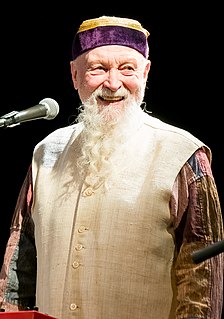A Quote by Manning Marable
The F.B.I. was very happy with the article they produced, which was entitled, "The Black Merchants of Hate," that came out in early 1963. What's significant about that piece is that that became the template for what evolved into the basic narrative structure of The Autobiography of Malcolm X.
Related Quotes
I believe that if we could see the chapters that are missing from the book [The Autobiography of Malcolm X], we would gain an understanding as to why perhaps - perhaps - the F.B.I., the C.I.A., the New York Police Department and others in law enforcement greatly feared what Malcolm X was about, because he was trying to build a broad - an unprecedented black coalition across the lines of black nationalism and integration. And in way, it presages 30 years ahead of time, the Million Man March.
[Malcolm Fraser] went straight from Melbourne Grammar to Oxford. And he would have been a very lonely person, and I think he probably met a lot of black students there who were also probably lonely. I think he formed friendships with them, which established his judgement about the question of colour. That’s my theory. I don’t know whether it’s right or not, but that’s what I always respected about Malcolm. He was absolutely, totally impeccable on the question of race and colour.
The inspiration for this movie [Something New] was this Newsweek article that came out a couple of years ago that talks about 42.4 percent of black women in America aren't married. Black women are shooting up the corporate ladder way faster than our black male counterparts. And (black men) are either dating outside their race, in jail or dying. And so if you want to have a family, you want to be married, you have to look at other options.
Words reduce reality to something the human mind can grasp, which isn’t very much. Language consists of five basic sounds produced by the vocal cords. They are the vowels a, e, i, o, u. The other sounds are consonants produced by air pressure: s, f, g, and so forth. Do you believe some combination of such basic sounds could ever explain who you are, or the ultimate purpose of the universe, or even what a tree or stone is in its depth?































